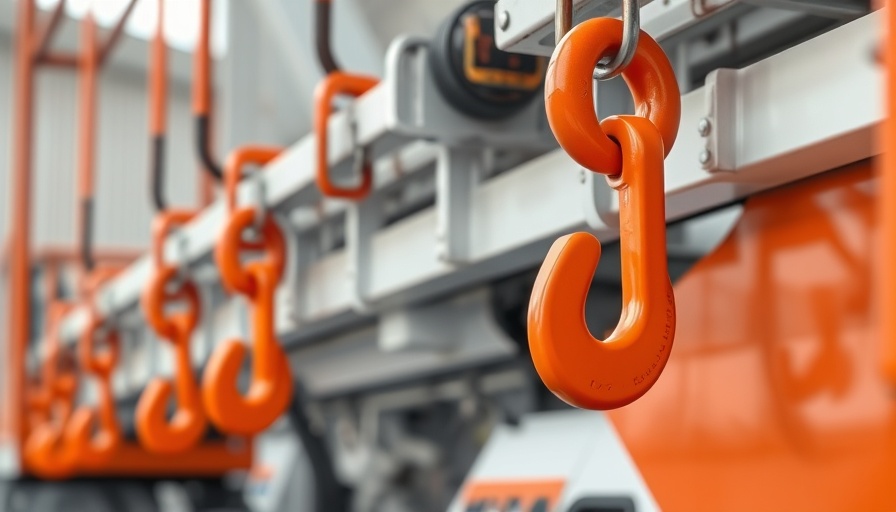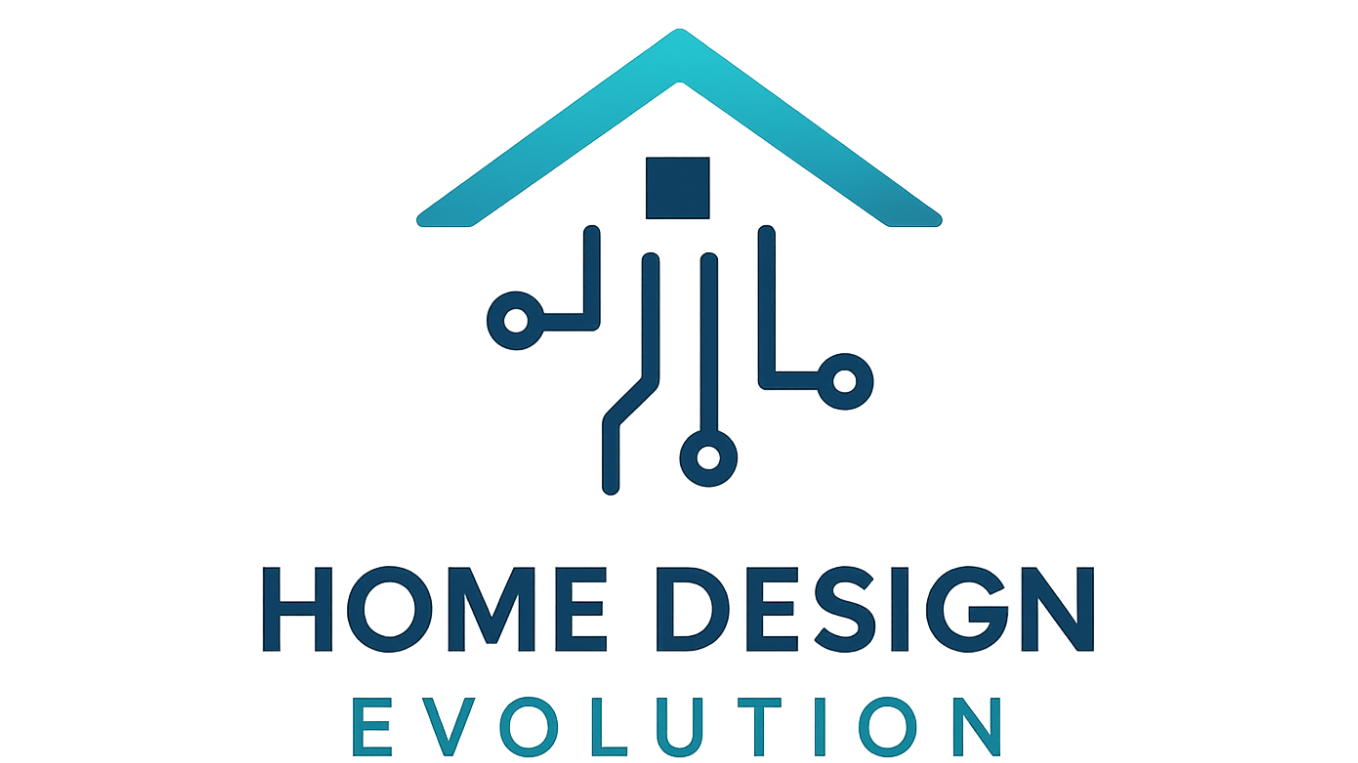
Transforming the Future of Sustainability with Innovative Truck Solutions
As we strive for a sustainable future, the trucking industry is making significant strides toward decarbonization and enhanced efficiency. Innovations that elevate transportation not only focus on operational tools but also incorporate environmentally friendly technologies, which increasingly resonate with homeowners keen on sustainable building practices. These revolutionary truck inventions not only aim to lighten environmental footprints but also pave the way for smarter cargo operations that can benefit homeowners with a stake in neighborhood wellness.
Decarbonization and the Evolution of Trucking
One of the leading advances in truck technology is the rise of hydrogen fuel cell trucks. Aimed at achieving zero emissions, these trucks convert hydrogen chemical energy into electricity to power their engines, offering a cleaner alternative to traditional diesel trucks. The push toward hydrogen can significantly contribute to cleaner air, especially in urban communities where residents, including environmentally conscious homeowners, actively seek solutions to combat air pollution.
States like California are at the forefront, mandating a shift toward zero-emission vehicles by 2035. This isn't just a trend; it's an urgent commitment to a sustainable future, promising improved air quality and reduced reliance on fossil fuels that directly affects local communities.
Taking Smart Living on the Road: Integrating Technology and Sustainability
Technological integration has become integral to advancing the trucking industry. Innovations such as Mack Trucks’ subscription model for electric vehicles allow companies to adopt cleaner operations without a significant upfront investment. This Truck-as-a-Service model is revolutionary, turning the often complex ownership costs of electric vehicles into a predictable monthly plan based on usage. Such models align well with the growing desire for sustainable practices among homeowners interested in smart and efficient investments.
Moreover, advancements like ZF's electric motor made without rare earth metals are noteworthy. By eliminating magnets, ZF claims to reduce the carbon footprint of production by 50%. This approach is crucial in promoting not just performance but ecological responsibility. As such innovations roll out, they strengthen the case for sustainability in both transportation and residential building sectors.
Wireless Charging: A Step Toward Seamless Automation
Another advancement to highlight is wireless charging technology, spearheaded by companies like eLeapPower. Such technologies allow trucks to charge without cumbersome plug-ins, which is particularly beneficial for loading operations in constrained spaces. Imagine the ease for fleet operations integrated into future homes or smart logistics centers, enhancing efficiency while minimizing carbon footprints. This technology could directly appeal to homeowners looking to partner with environmentally minded businesses.
Smart Technologies on the Road: Enhancing Safety and Efficiency
As trucks become 'smarter,' innovations like the SmartConnect system and smart kingpins with sensors are now revolutionizing fleet management by ensuring that safety mechanisms are properly engaged. These systems send alerts directly to fleet managers about maintenance needs. The implications are significant: reduced downtime and fewer accidents, leading to safer roadways for all, including local communities where freight traffic may impact quality of life.
Furthermore, predictive maintenance systems represent another leap forward. By utilizing sensors and AI analytics, transportation companies can anticipate and resolve issues before they escalate, thus optimizing routes and minimizing wasted energy. This is a noteworthy benefit for homeowners who may face the fallout of inefficient logistics in their neighborhoods.
Future Perspectives: What Lies Ahead for Trucking?
Looking forward, the blend of autonomous technologies, such as advanced driver-assistance systems (ADAS), and sustainable practices will play a pivotal role in reshaping the industry. With companies investing in driverless technologies, the expectation of fewer accidents and more efficient transit is becoming tangible. This change will affect the residential dynamics where logistics efficiency might lead to calmer neighborhoods with less disruption.
Moreover, the growth of fleet management systems allows companies to track metrics related to fuel usage and driver performance in real-time. This capability not only aids in economic efficiency but aligns with eco-conscious practices that interested homeowners can appreciate as they seek to engage with businesses committed to sustainability.
Conclusion: Embrace the Change for a Cleaner Tomorrow
As advancements in the trucking industry evolve, it’s crucial for homeowners and communities to embrace these innovations. Each step taken towards cleaner, safer, and more efficient transportation systems is a positive leap towards preserving our environment for future generations. By staying informed and supporting sustainable practices in trucking and construction, homeowners can actively participate in the movement towards a greener tomorrow.
As you explore ways to incorporate technology and sustainability into your living spaces, consider the impact of your choices on the broader community and environment.
 Add Row
Add Row  Add
Add 



Write A Comment